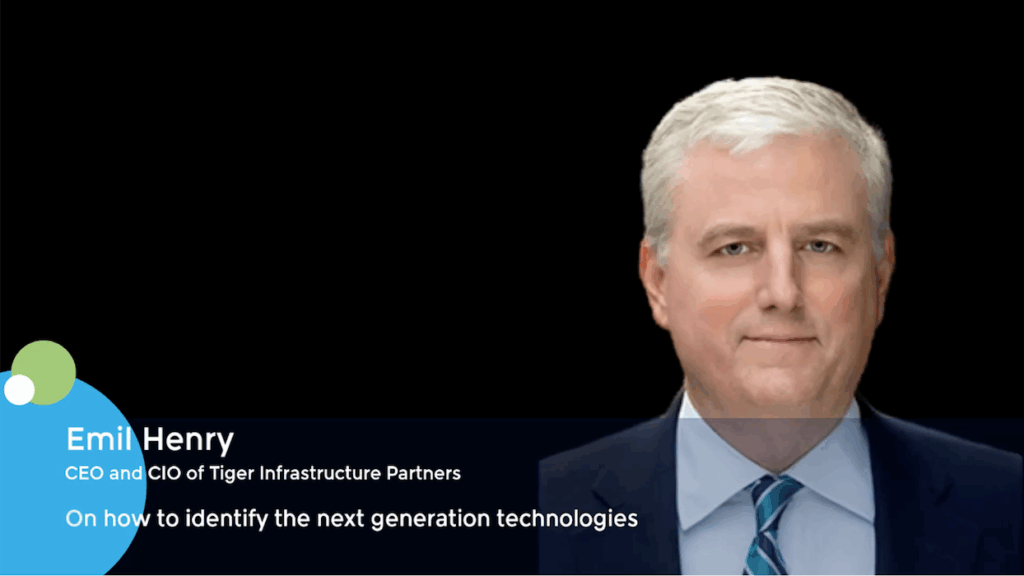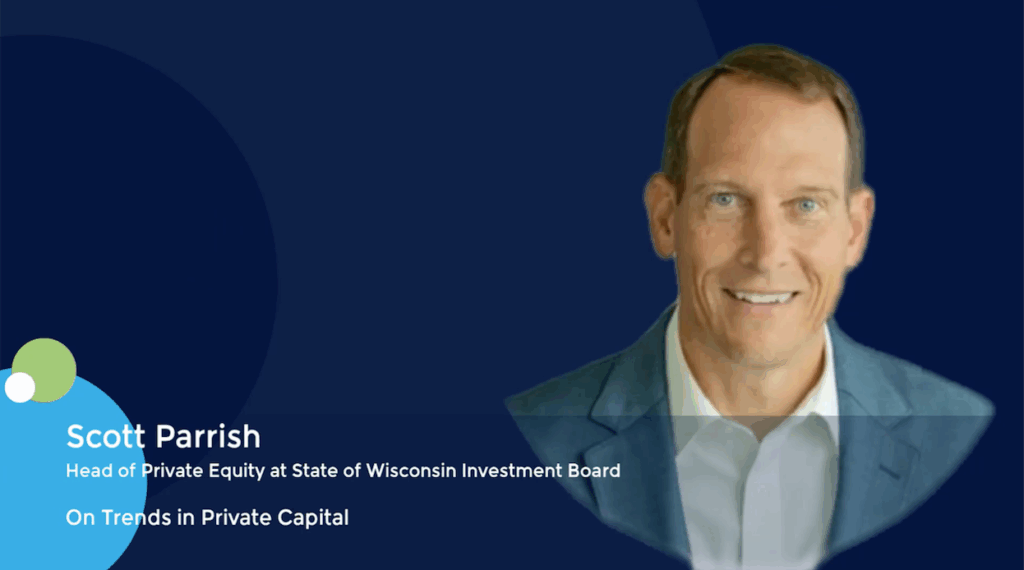Fund focus: Australia’s Glow Capital relies on co-invest to achieve scale
- Debut fund came in under target, co-invest will make up the difference
- LPs include HarbourVest Partners, Tattarang, Wollemi Capital Group
- Consumer mandate has widened to encompass tech-enabled, B2B companies
Glow Capital Partners has rounded off a protracted and challenging fundraise by securing an LP commitment from HarbourVest Partners – reflecting the Australia-based manager’s plan to make up for the shortfall in fund size by offering plentiful co-investment.
“We are a small fund that’s capable of a lot more. We set out to raise AUD 300m (USD 202m) and got AUD 90m, so now we’re acting as if we are AUD 300m and making up the difference with co-investment,” said Justin Ryan, Glow’s co-founder and managing partner.
HarbourVest was already familiar with the Glow team, having put AUD 10m into the debut deal, the acquisition of Cargo Crew in September 2023. Glow secured a further AUD 3m from Continuity Capital and contributed AUD 7m from the fund.
A second transaction – the purchase of a significant minority stake in Ecommerce Equation – closed in January 2024, with LP co-investors committing AUD 5m. There are likely to be six or seven investments in total. Ryan estimates that aggregate co-investment could be at least equal to the size of the fund. HarbourVest will get first refusal on any opportunities that emerge.
“That was part of the proposition I put to them: come into the fund and we give you a first look at everything. They found it attractive enough to come into a first-time fund, which is unusual,” said Ryan, adding that HarbourVest’s preferred equity cheque range of AUD 15m-AUD 20m means its co-investment contributions may exceed those of the fund on occasion.
“We want to build relationships for the next fundraise, so we will offer co-invest to other LPs that are interested, but we are very loyal to HarbourVest.”
Inside the LP base
Ryan established Glow after more than a decade at Quadrant Private Equity. He teamed up with Kate Morris, who previously established Adore Beauty [ASX:ABY], a beauty e-commerce platform that won support from Quadrant and ultimately completed a domestic IPO. Glow was conceived to harness her entrepreneur networks and Ryan’s investment expertise.
Following a launch in late 2021, Fund I reached a first close of AUD 55m in March 2022, with support from family offices and high net-worth individuals (HNWIs). It was a hard slog from there, amid challenging fundraising conditions that offered little to first-time managers. MVision, which served as a placement agent, went out of business for unrelated reasons before the final close.
In the absence of Australian institutional backing – “The superannuation industry has seen so much consolidation, and they don’t have ways of dealing with smaller funds,” Ryan observed – family offices and HNWIs account for 41% of the overall corpus. Participants include Tattarang and Wollemi Capital Group, the family offices of Andrew Forrest and Tesla chair Robin Denham, respectively.
Another 14% came via domestic private wealth platforms – Shaw & Partners, PwC Wealth, and Koda Capital – while the GP commitment was 28%. HarbourVest is the sole institutional LP on 17%.
Not so consumer
Glow’s investment remit also changed during the fundraise as a consumer-focused mandate has been reconfigured to encompass a broader range of technology-enabled, business-facing opportunities.
“The first two deals are B2B, and it will likely be the same for the third. These B2B companies might have a consumer angle, the customers are businesses,” said Ryan. “We are nervous about the consumer sector, and some of our investors are nervous as well.”
Cargo Crew fits the profile of B2B with consumer exposure: it supplies restaurant apparel such as aprons and chef whites. The same can be said of Ecommerce Equation, which offers subscription-based courses and training to help retailers scale profitably online through digital marketing and operating efficiencies. Ryan described the business as small but fast-growing, with attractive unit economics.
He hopes a third deal will close before year-end, suggesting the gulf in valuation expectations that has previously slowed deal flow is now beginning to ease. For Glow, this means re-engaging with company founders who might be reviewing their options. These conversations follow certain patterns.
“There are three types of founders: the 72-year-old who wants to retire; the 45-year-old who wants to take some money off the table to pay off the house because they’ve been putting money into the business for 20 years; and the 35-year-old who doesn’t want to give up control,” said Ryan. “You might get a 70%-80% stake from the 72-year-old, 60% from the 45-year-old, and 40% from the 35-year-old.”











